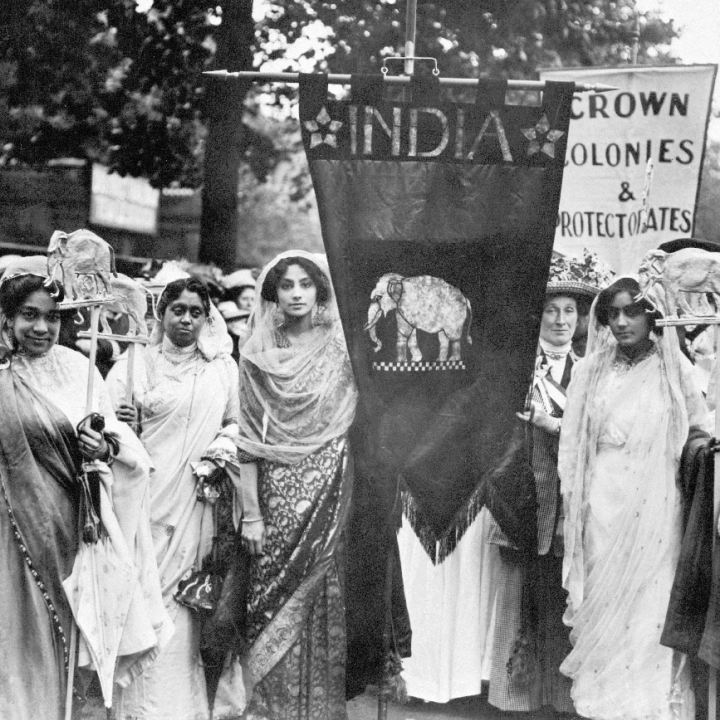
Empire
The women of the British Empire have until recently had a bad press. Where they have not been ignored as merely a special case within a homogeneous patriarchal tradition, they have frequently been reduced to caricature: at home, foolish would-be philanthropists of the kind parodied by Dickens in the figure of Mrs Jellyby in Bleak House, or heiresses indifferent to the colonial origins of their wealth; overseas, the repressed and racially arrogant memsahib, largely blamed for the increasing separation during the nineteenth century of white and ‘native’ communities, or the dangerously eccentric spinster traveller, unaware of the offence she left in her wake. In the last fifty years or so, however, the role of women in the literature of British colonialism and imperialism, both as writers and as the subjects of representation, has become an increasingly visible topic of study, as the recovery of neglected voices has enabled more nuanced accounts of women’s interaction with the world outside Western Europe.
These recovered voices are of a remarkable diversity. As well as an immense range of verse and fiction, they include travel diaries and memoirs, some wide-ranging, such as Emily Eden’s Up the Country or Lady Dufferin’s Our Vice-Regal Life in India, others tied to particular events, such as the ‘Mutiny’ of 1857; records of exploration, like Mary Kingsley’s Travels in West Africa, as well as of less arduous journeys, such as Mary Hall’s A Woman’s Trek from Cairo to the Cape; practical advice books such as Flora Steel and Grace Gardiner’s Complete Indian Housekeeper and Cook; studies of ‘native life’, in particular the life of native women, such as Mary Billington’s Woman in India; the journalism of the Canadian-born Sara Duncan, or of Flora Shaw, Colonial Editor for the London Times; work by former slaves, by emigrants like Blanche Baughan in New Zealand or Isabella Crawford in Canada, and by those born in the colonies, like Barbara Baynton in Australia; and a mass of more ephemeral writing—pamphlets, letters to the press, printed speeches—from women missionaries, and campaigners against sati, child marriage, or female genital mutilation.
One aim of the process of reclamation has been to view women as agents, rather than as frail vessels in need of moral or physical protection from colonized peoples and their culture. But to instate women as actors rather than as co-opted passengers has inevitably been to raise questions about their complicity in imperial practice: the empowerment of Western women in the later nineteenth century did not necessarily translate into the liberation of their counterparts overseas. Shaw, Kingsley, and Diver were all unequivocal imperialists; Flora Steel campaigned tirelessly against the oppression of the zenana, the rejection of female infants, and the treatment of Hindu widows, but she also argued against Indian independence until these had been remedied. The recovery of their voices, among others still less familiar, is a necessary step in the investigation of a question near the heart of a feminist historiography: in the relation of European writers to the colonized territories of the world, what difference did gender make?
This section brings together a wide range of primary materials from Australia, New Zealand, India, Canada and Africa, with writings from female emigrants, settlers and memsahibs, as well as feminist commentators on issues of empire, race and gender. It also includes Moira Ferguson’s exploration of British women writers and colonial slavery, Philippa Levine’s study of the regulation of prostitution in the empire, essays on campaigns for women’s suffrage across the world, and Biswamoy Pati’s edited collection on gender and the Indian rebellion of 1857.